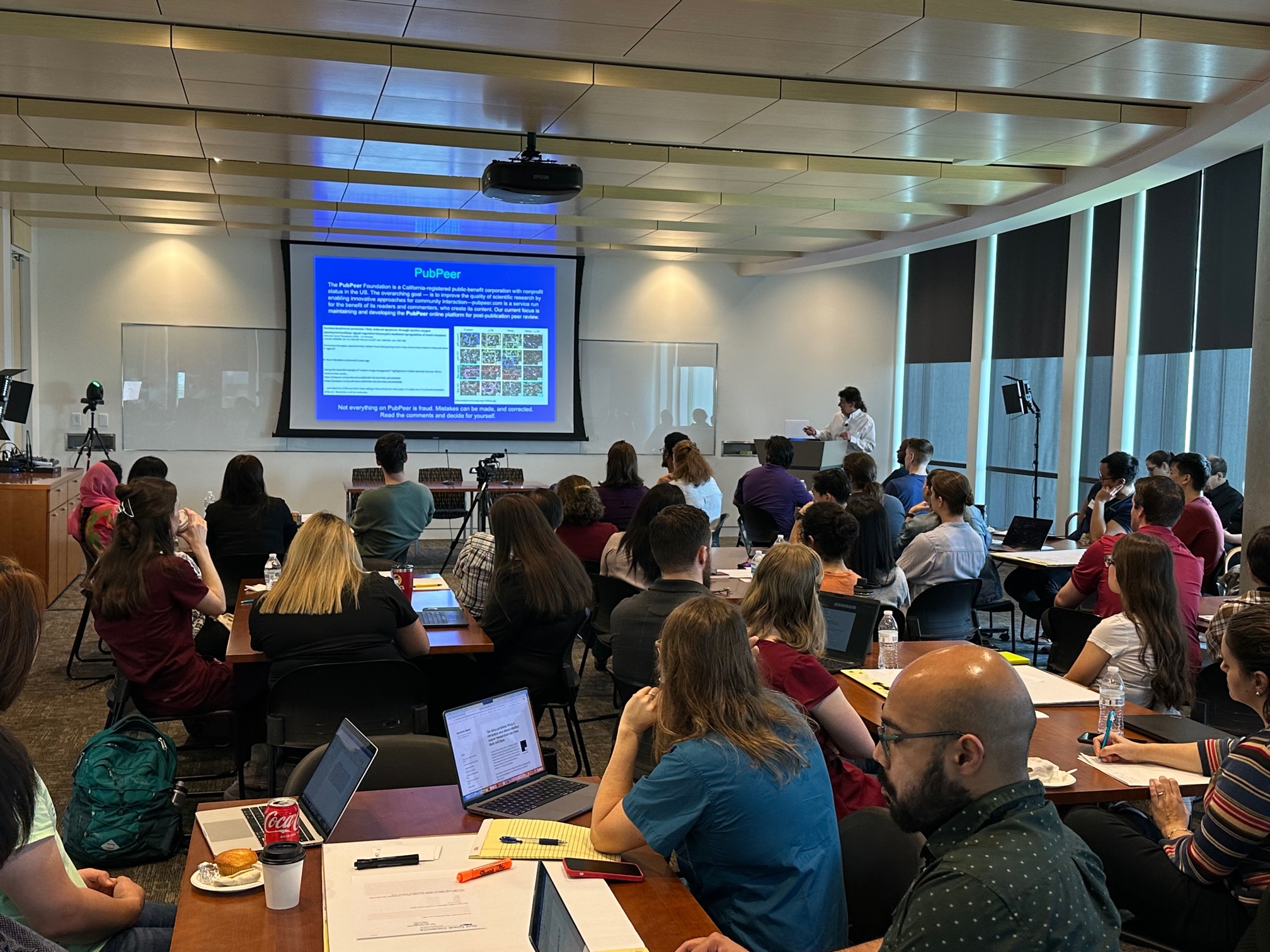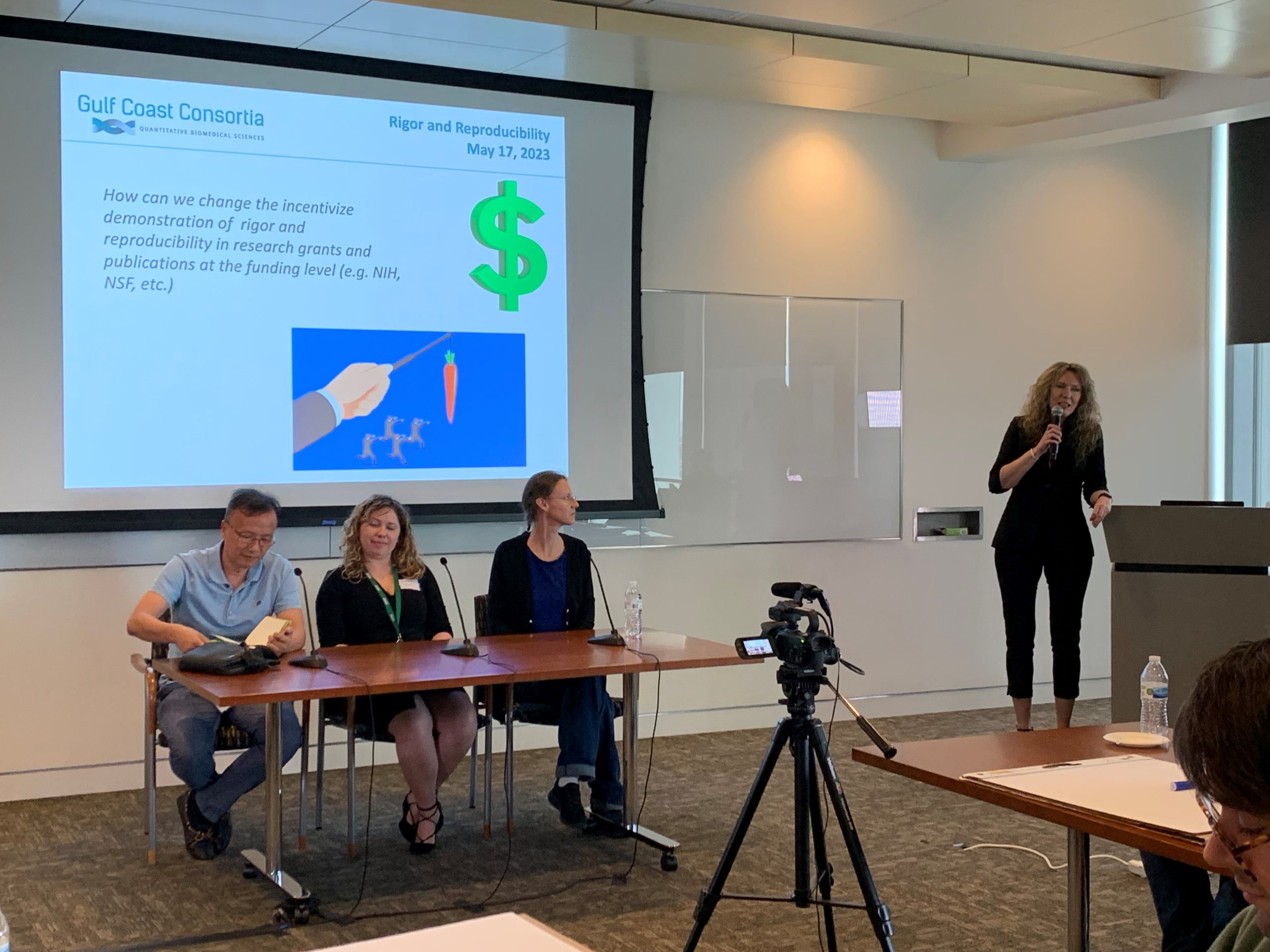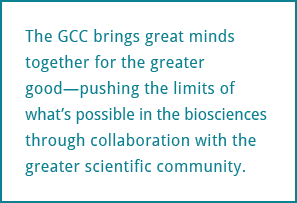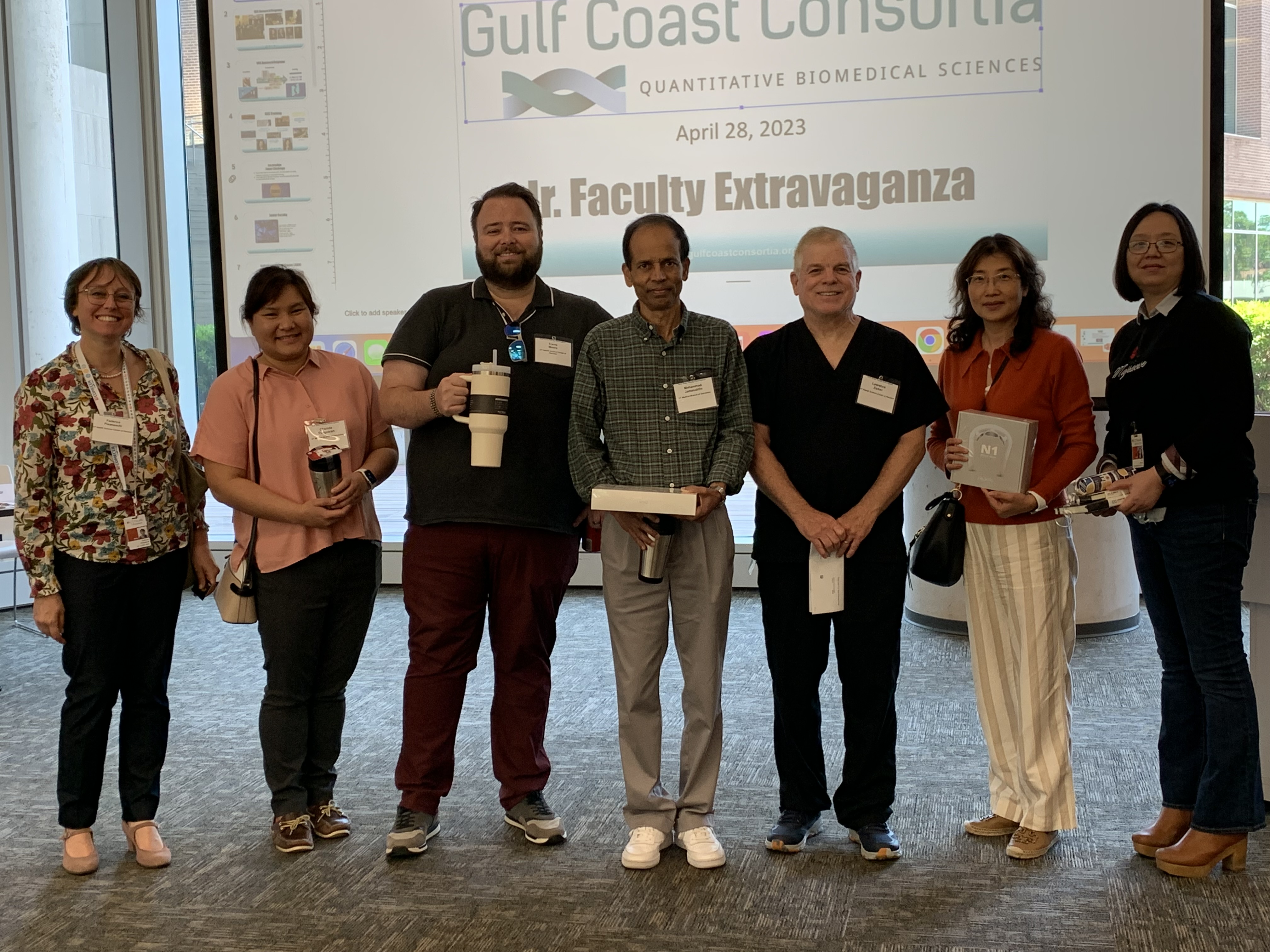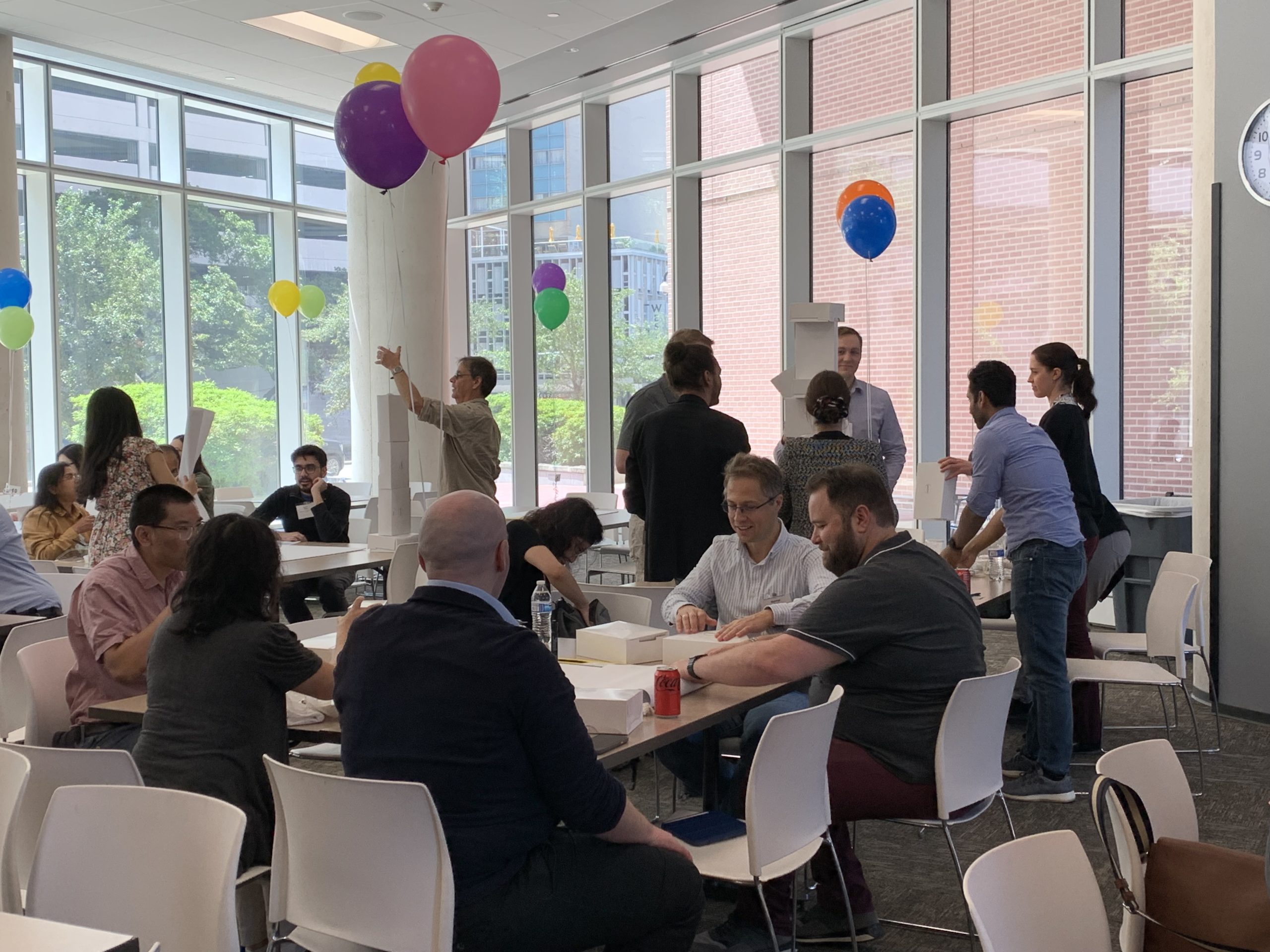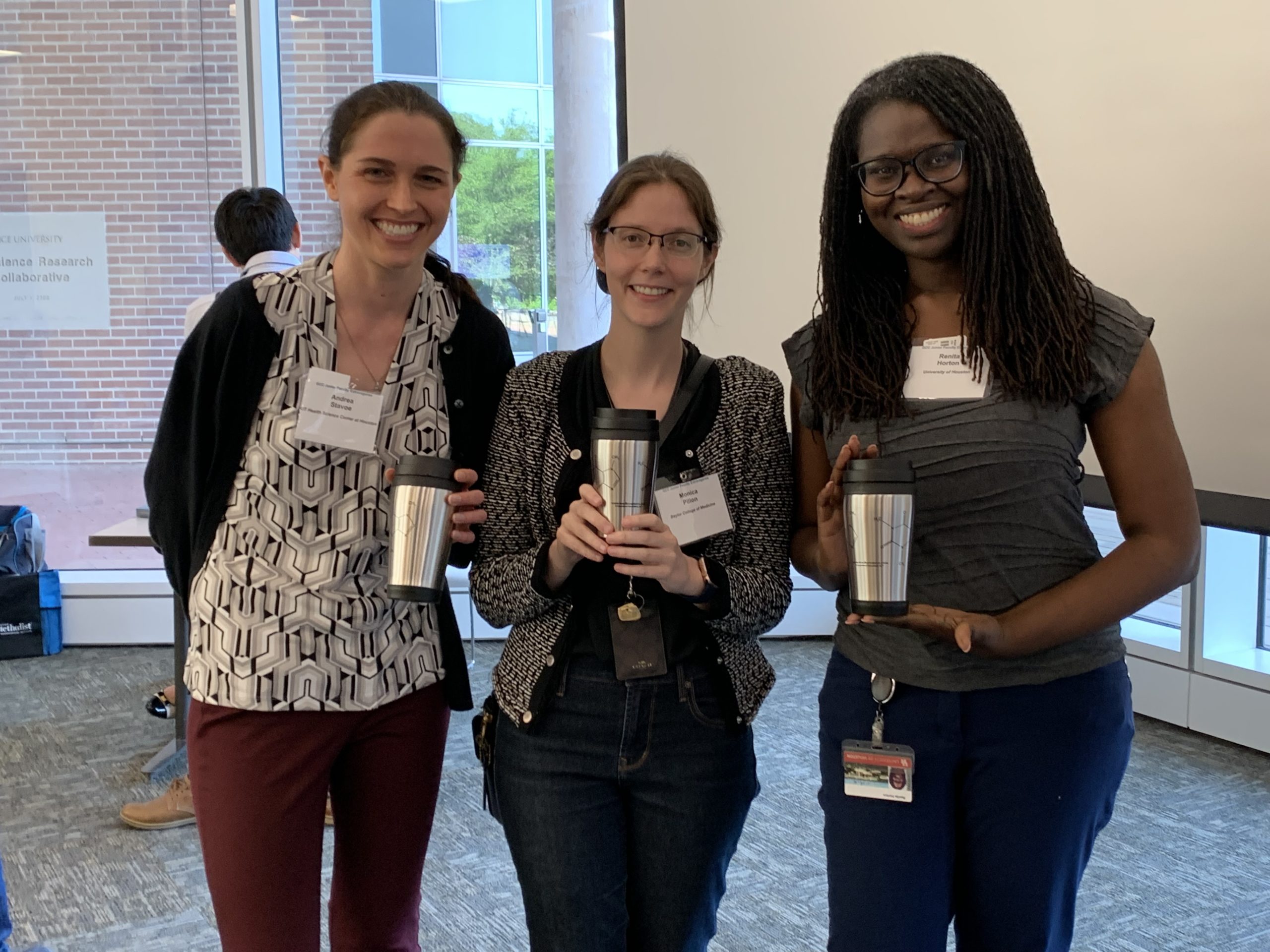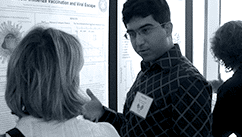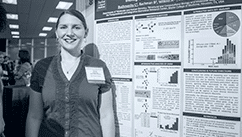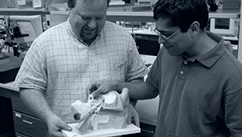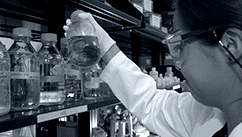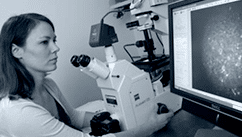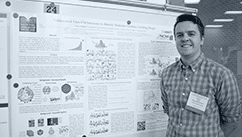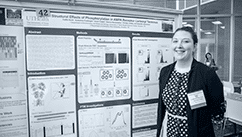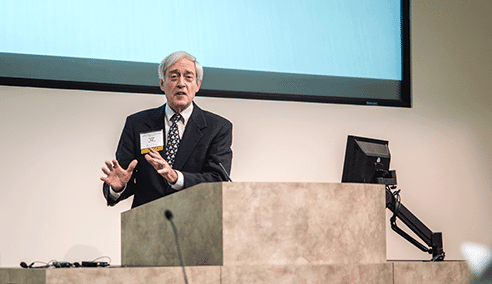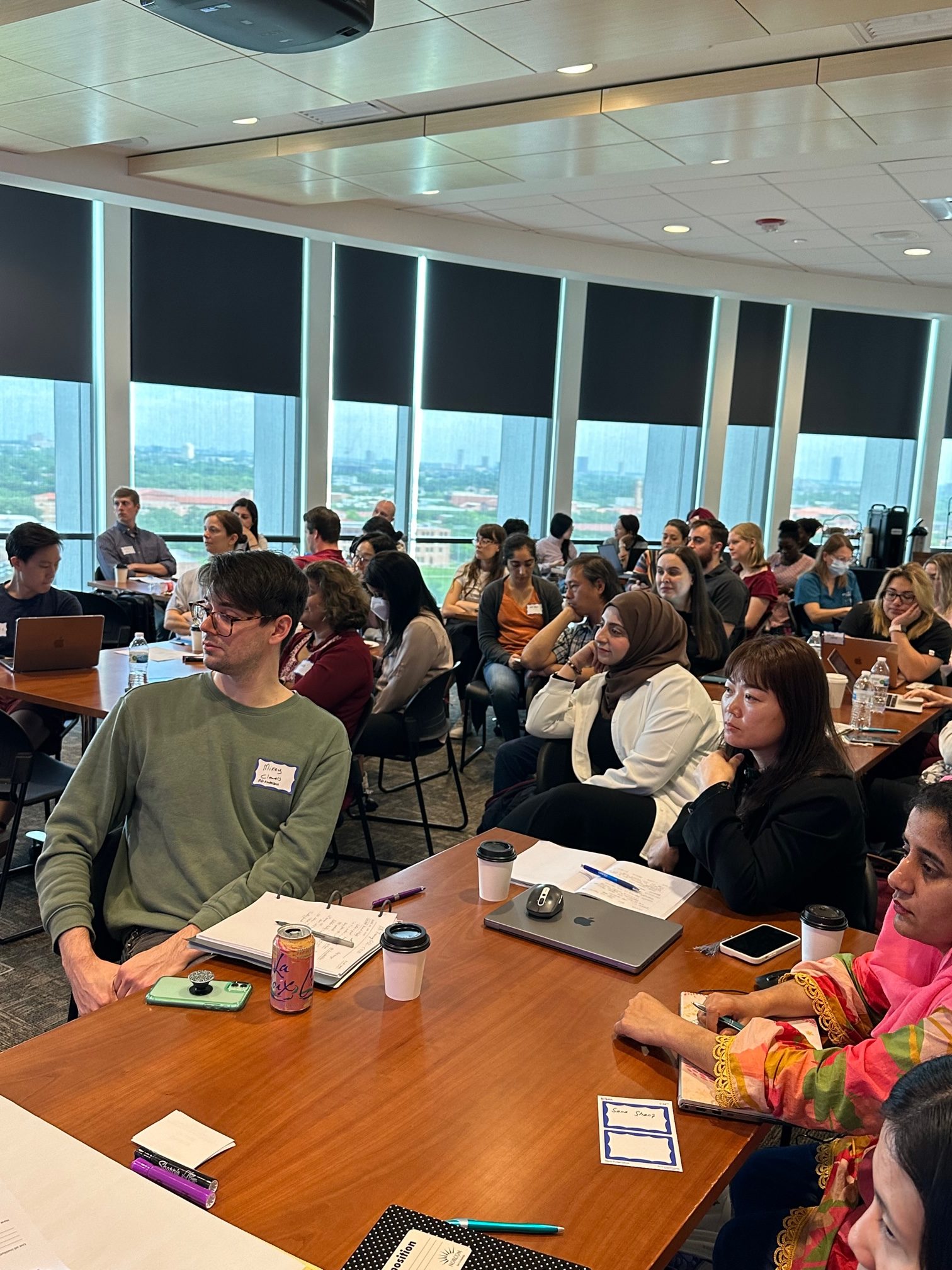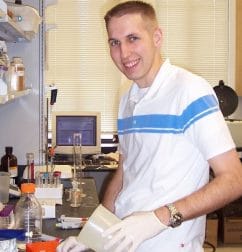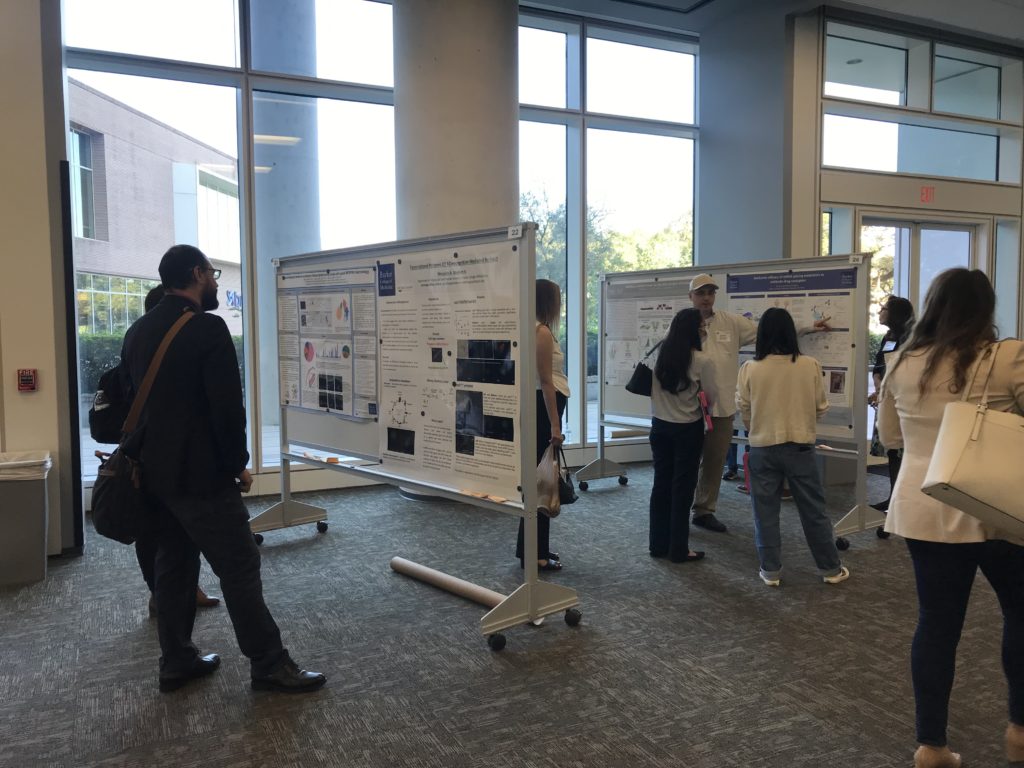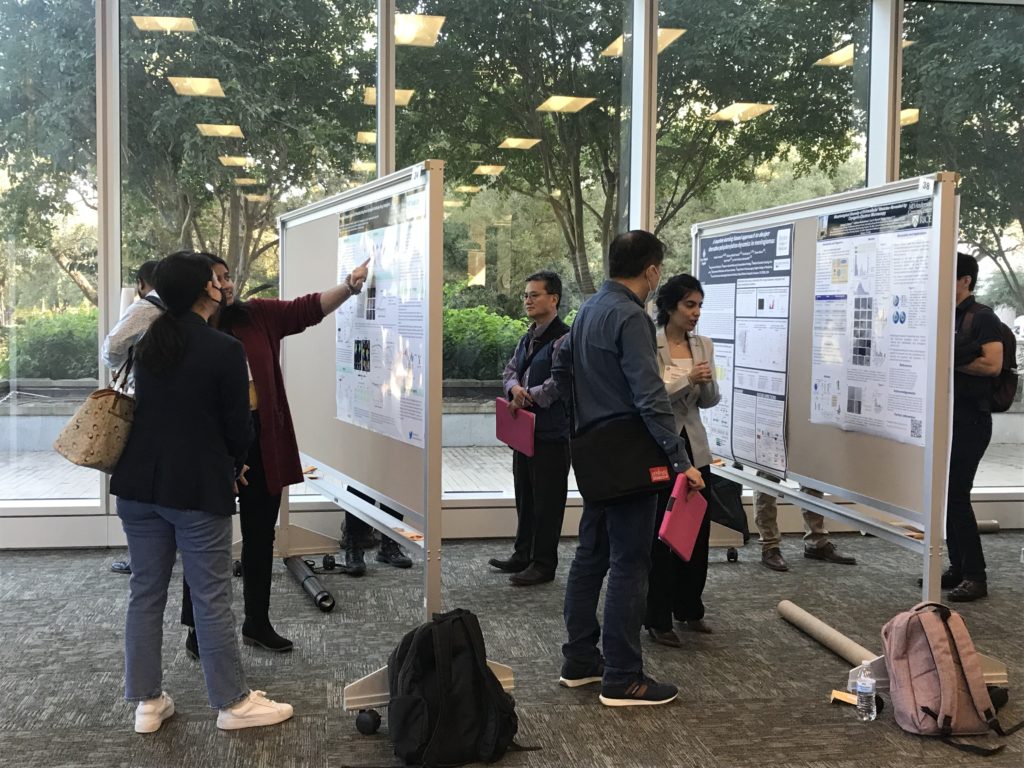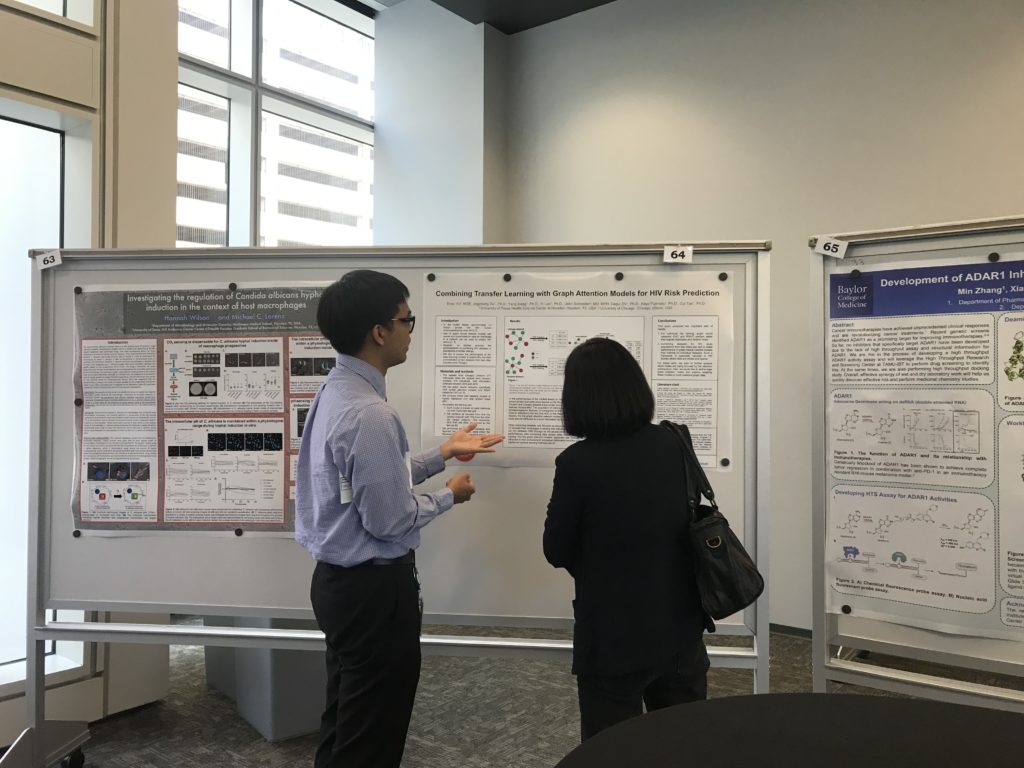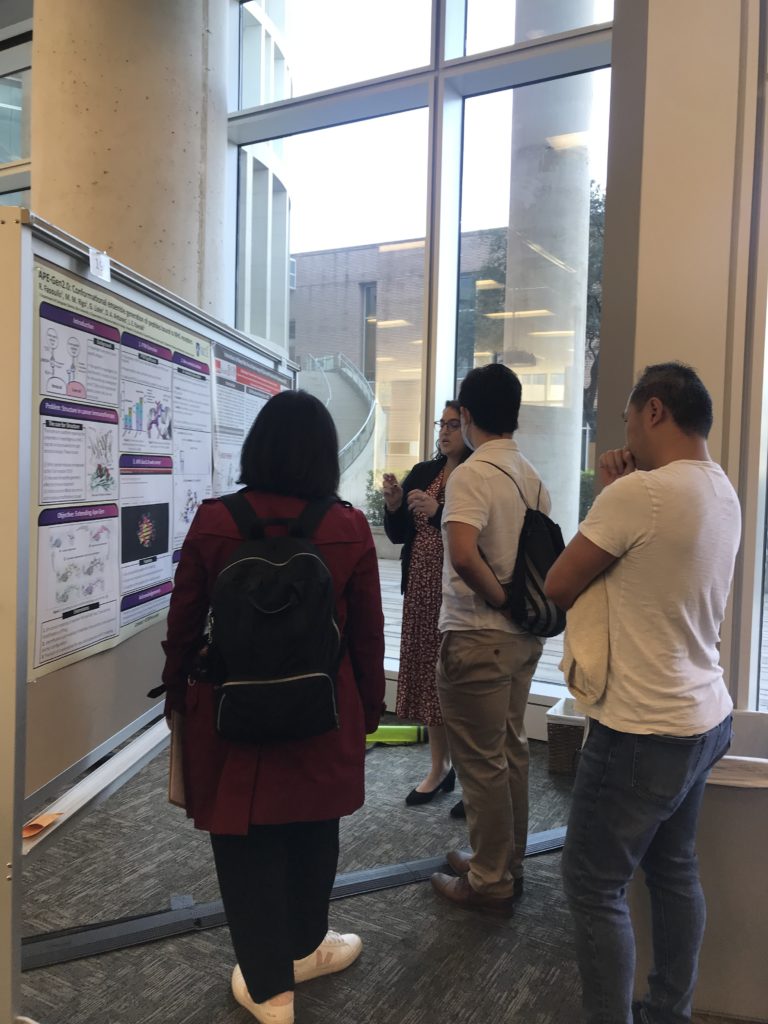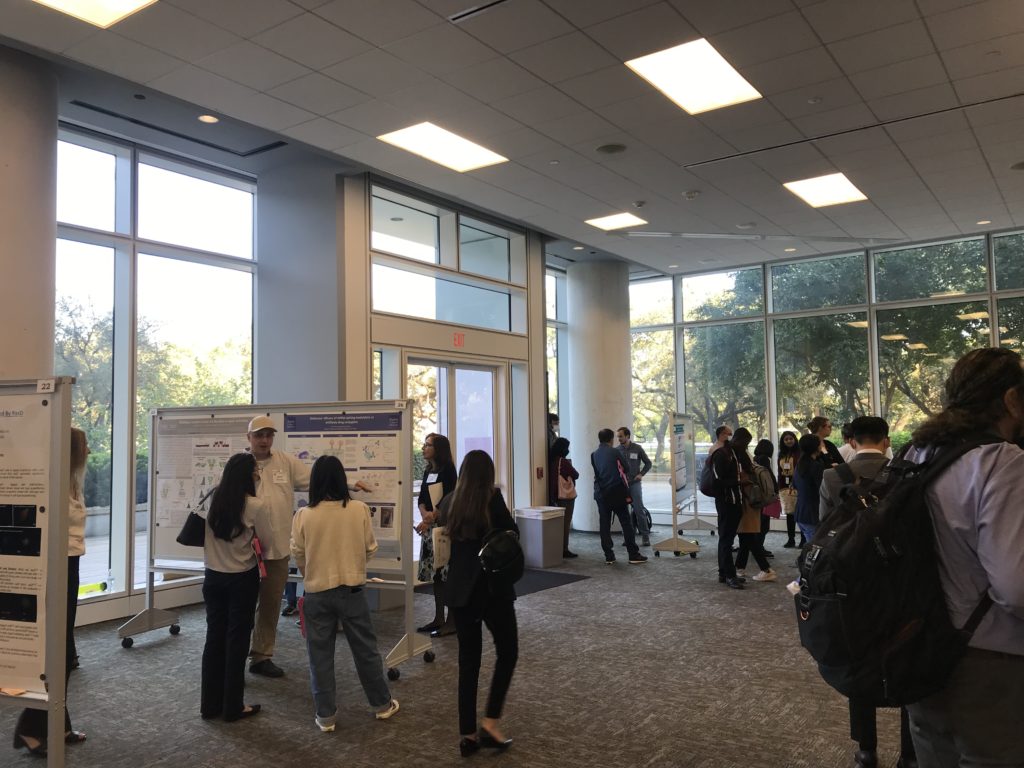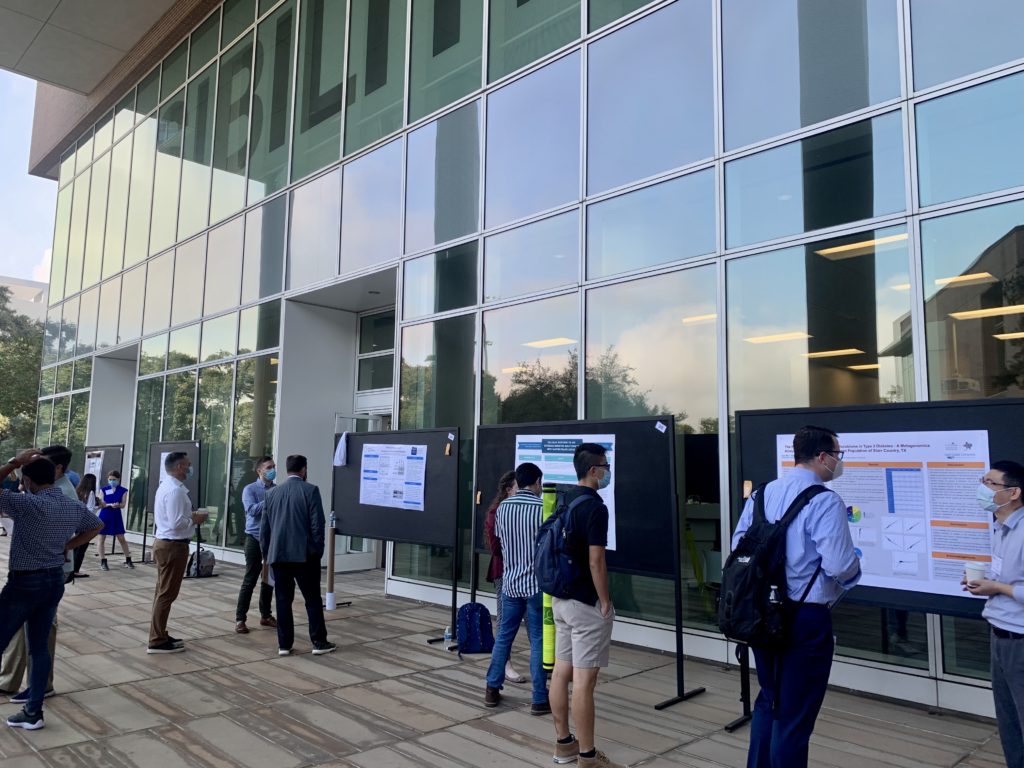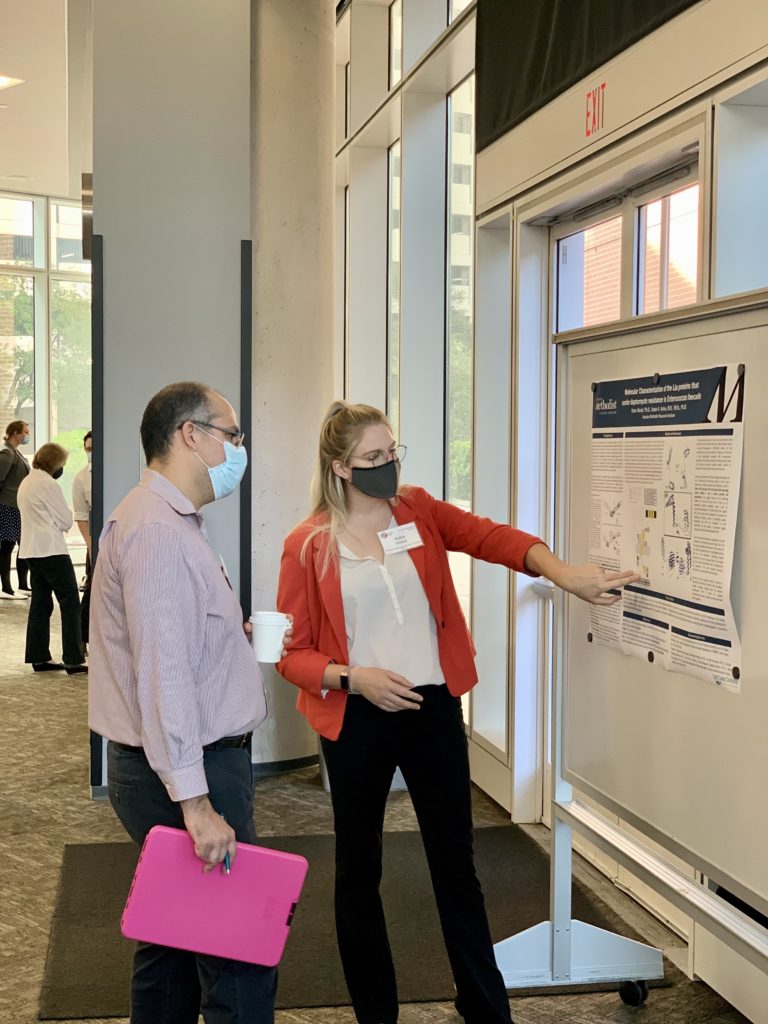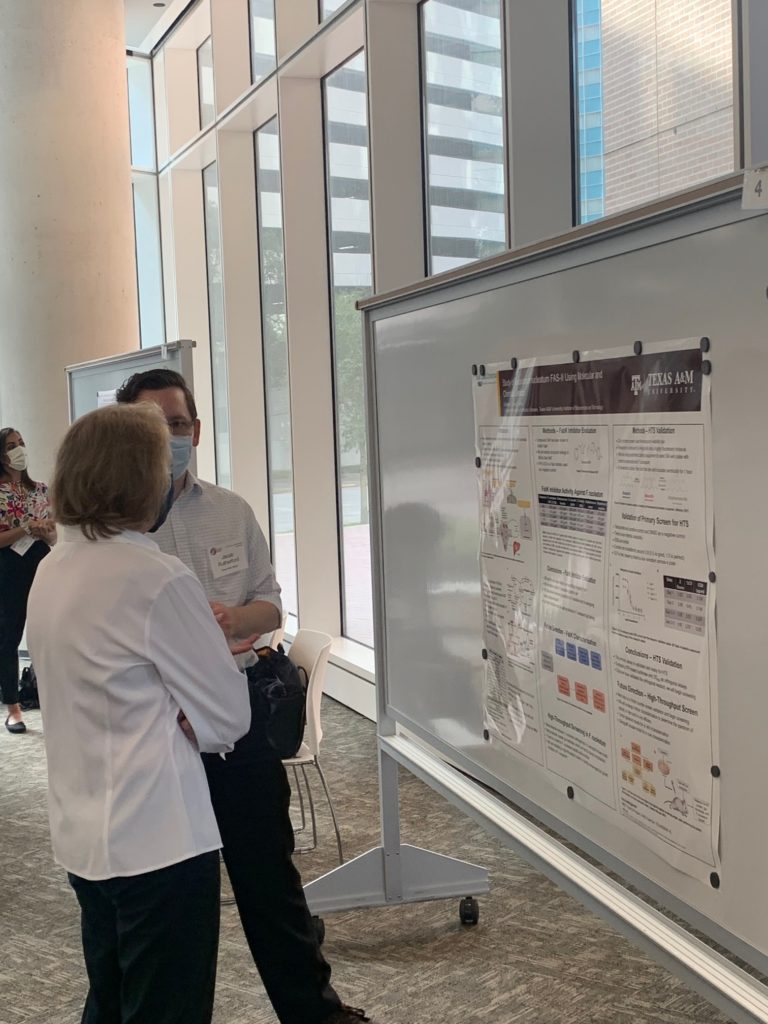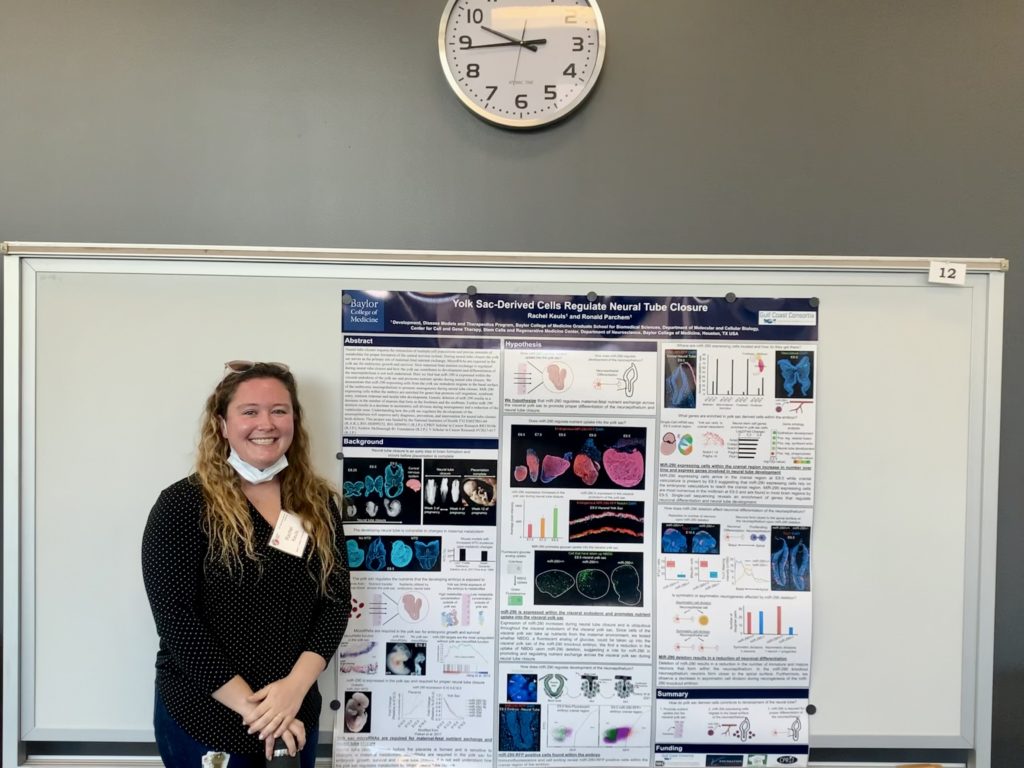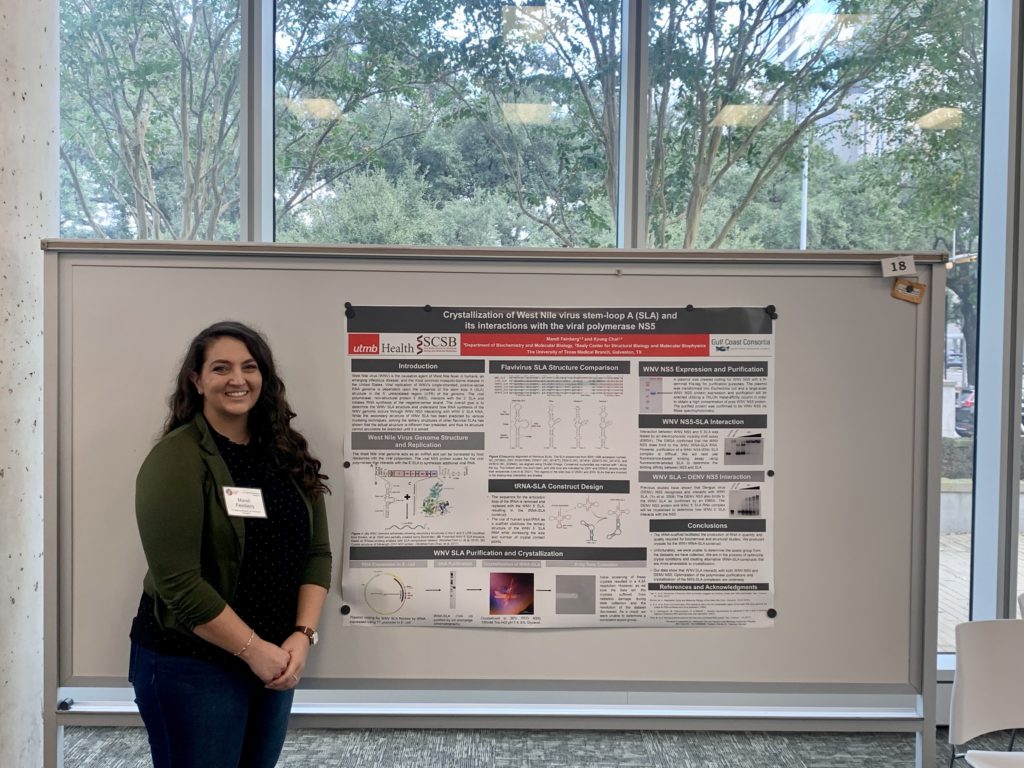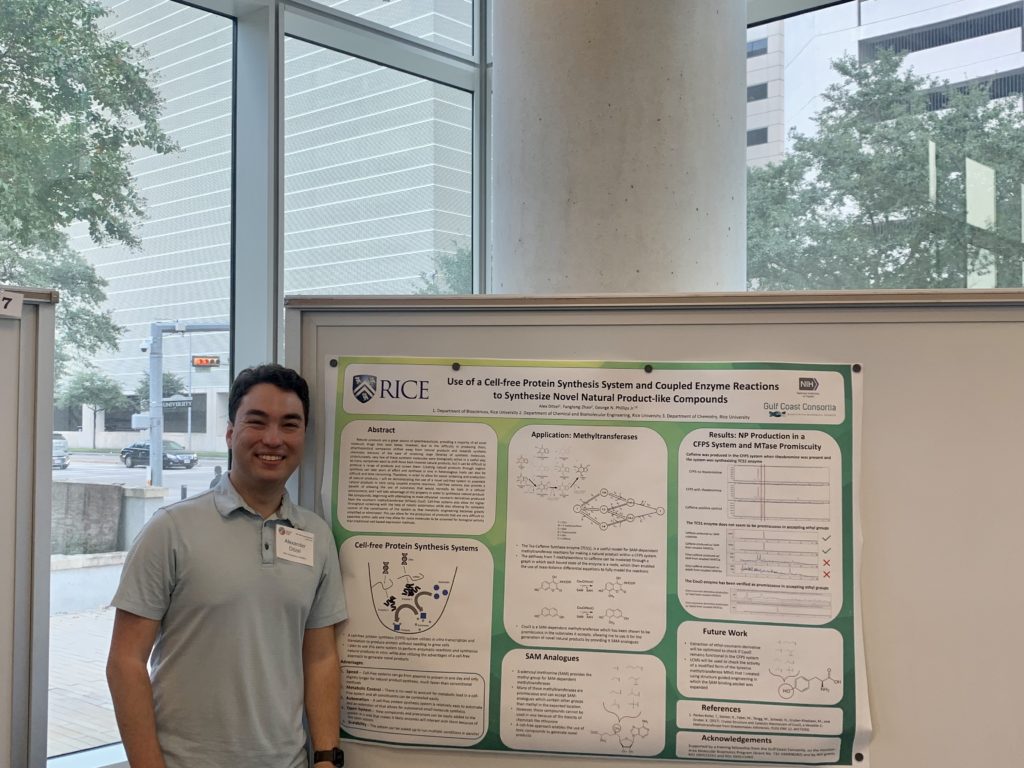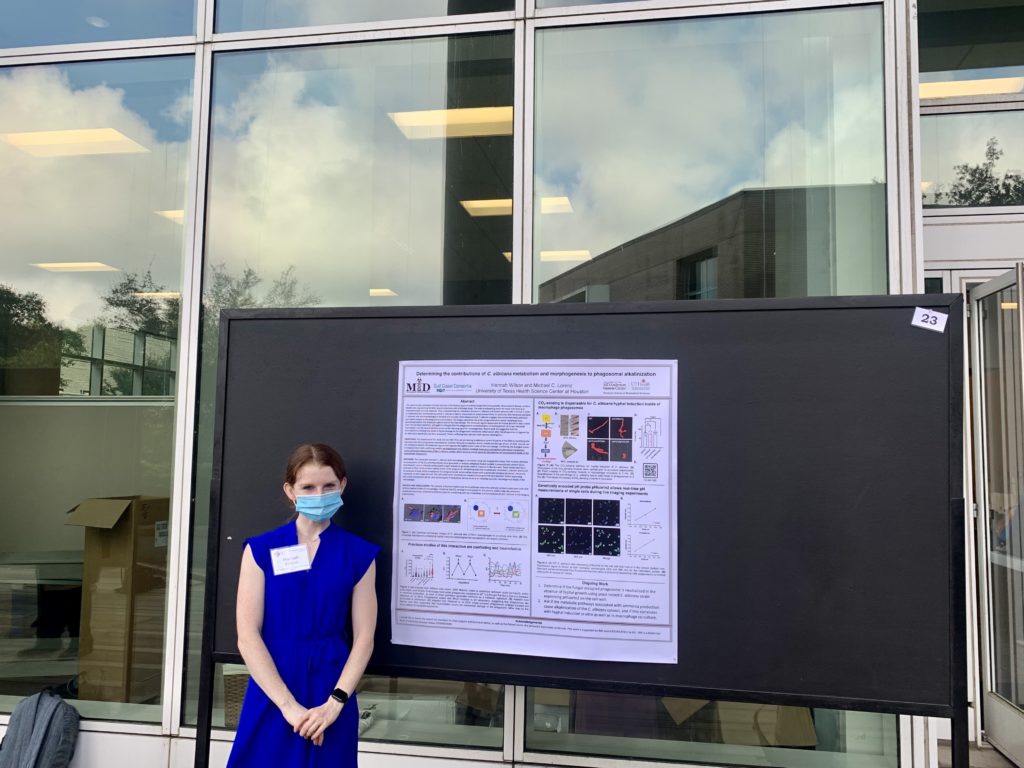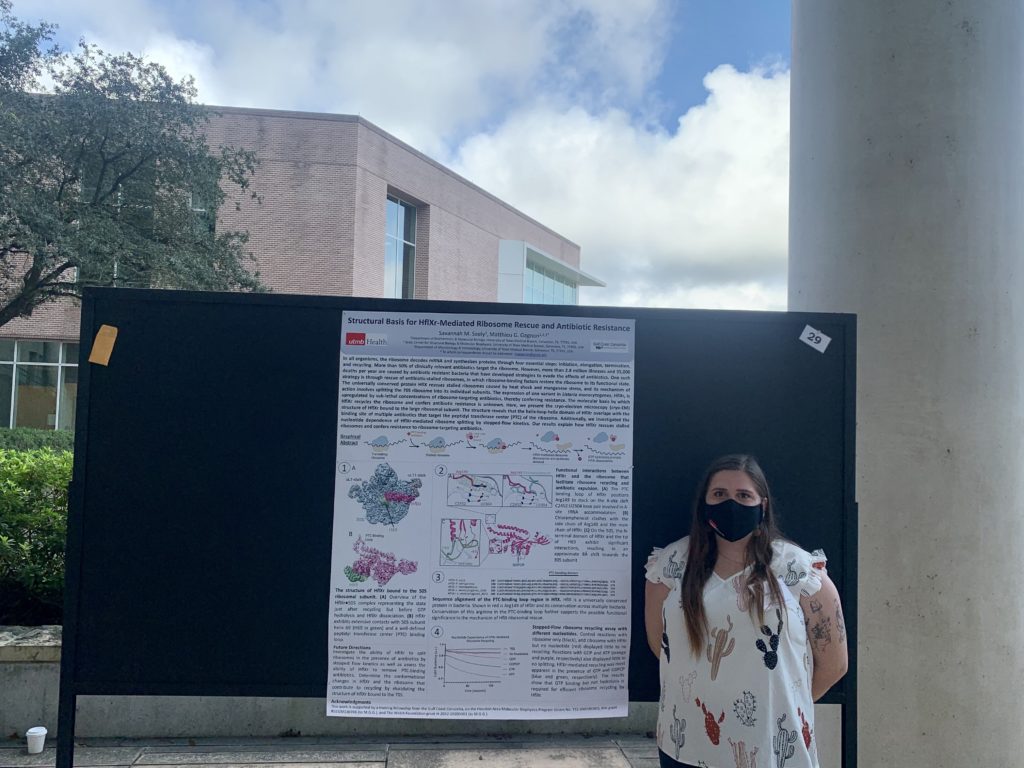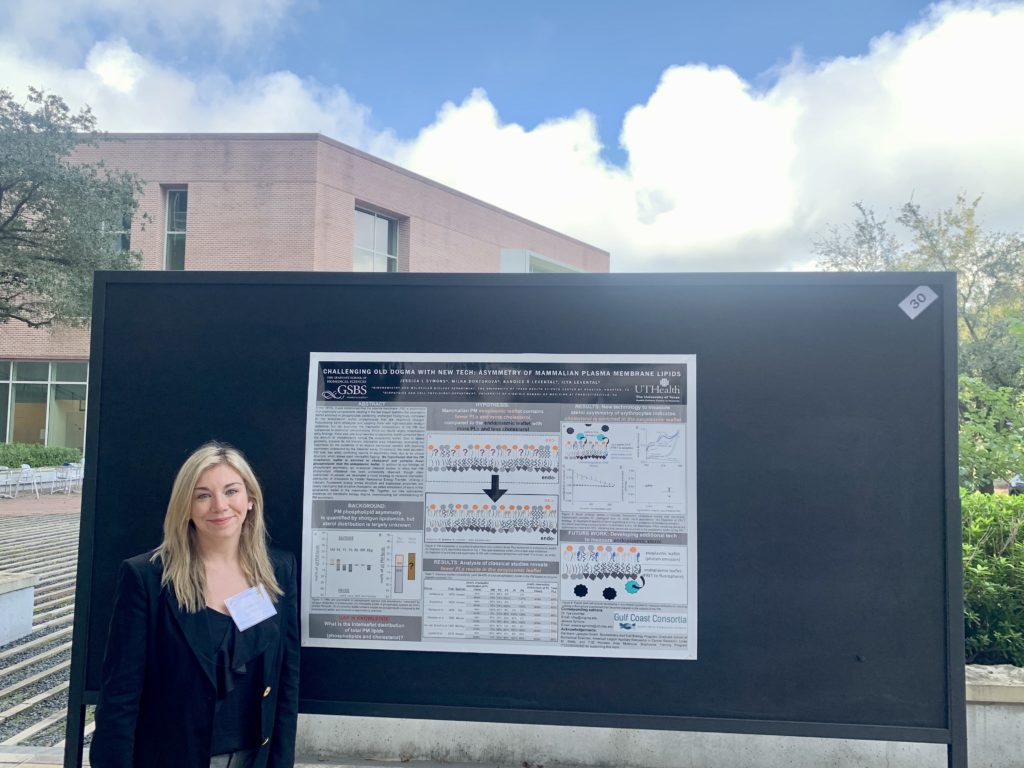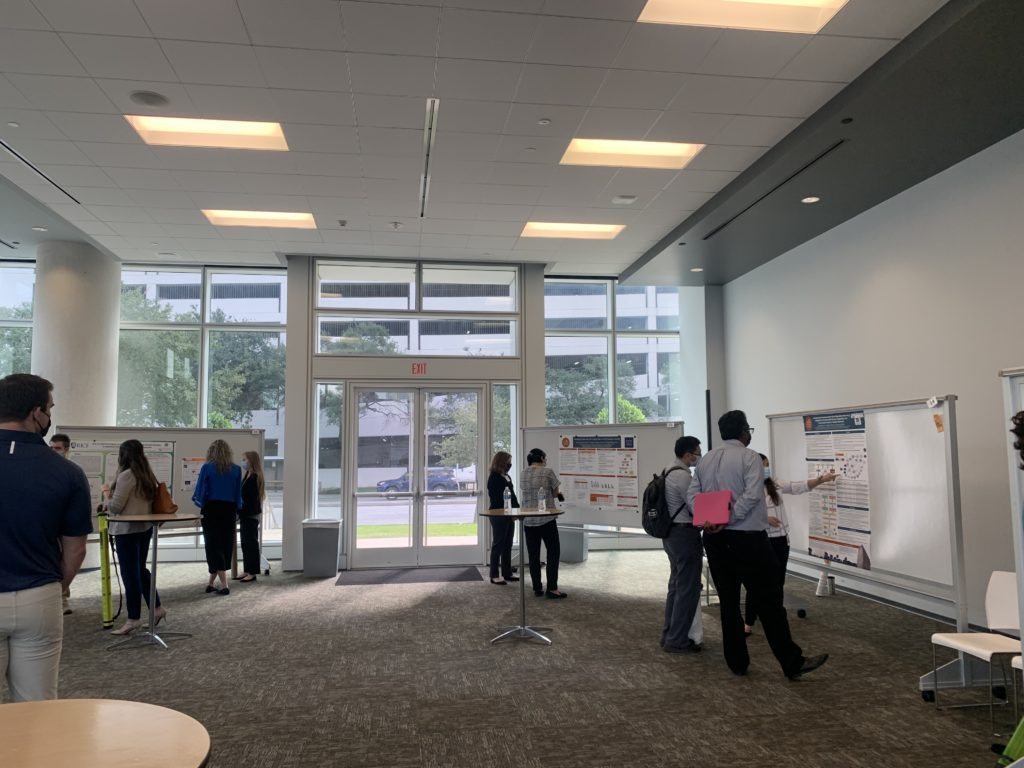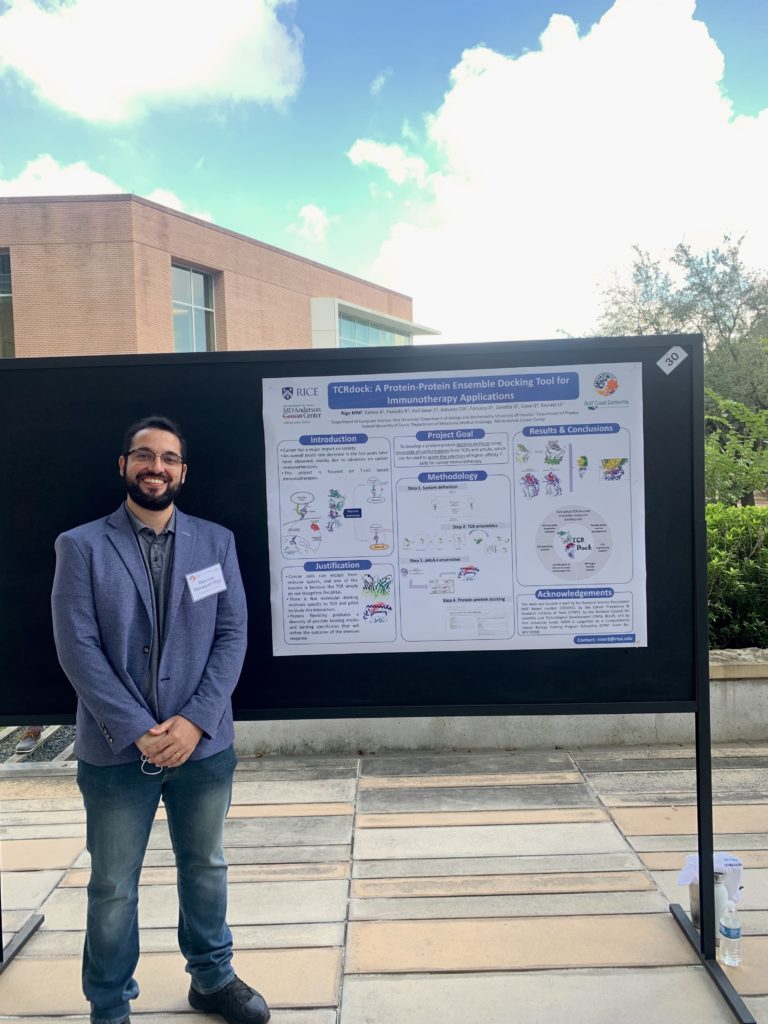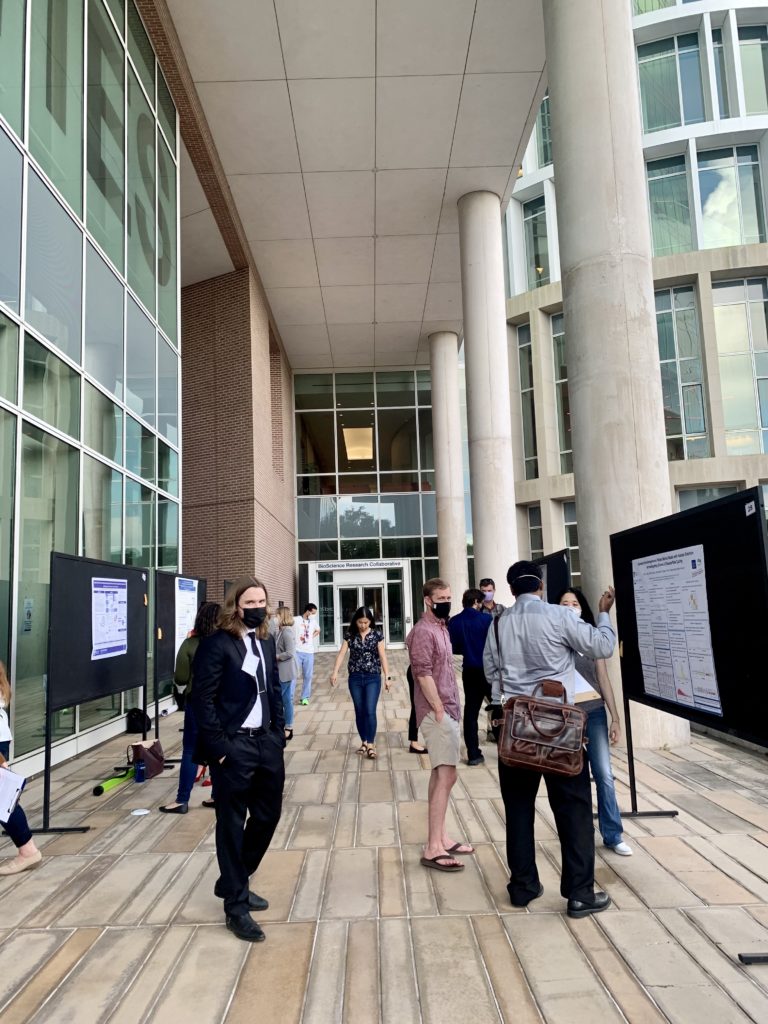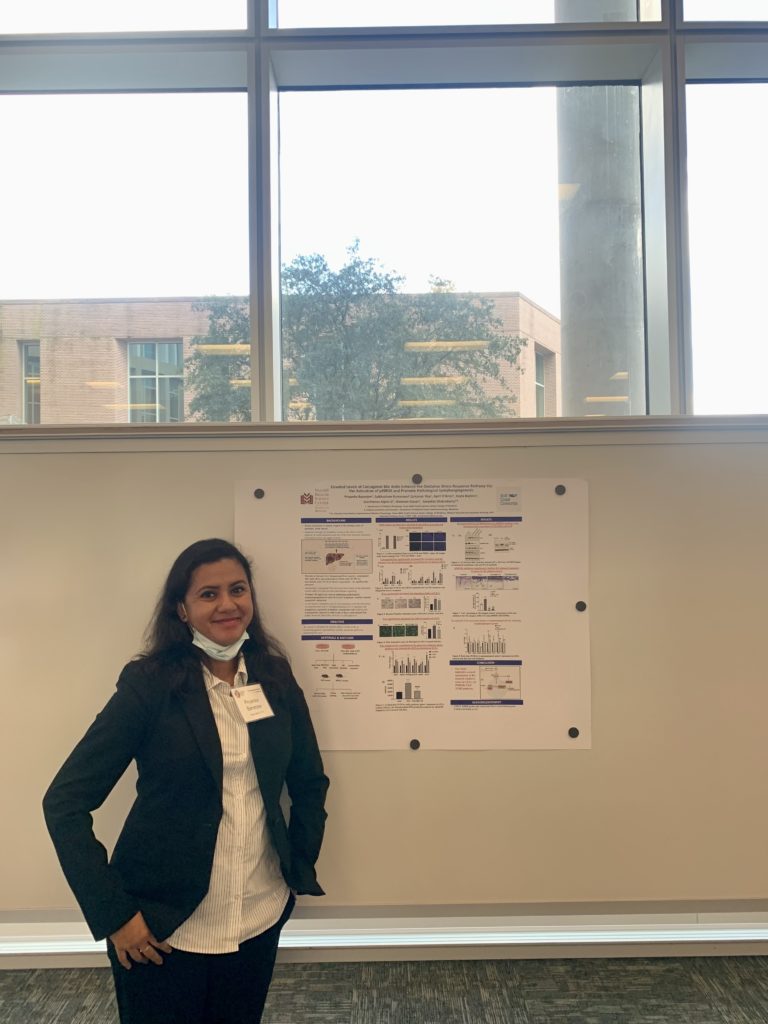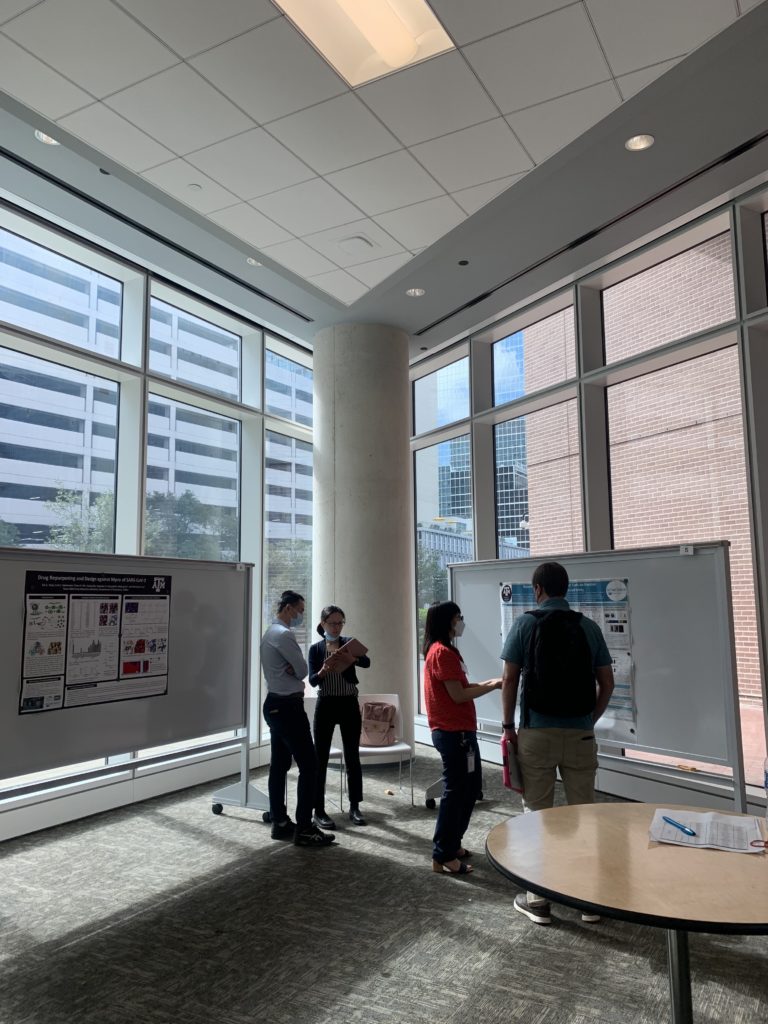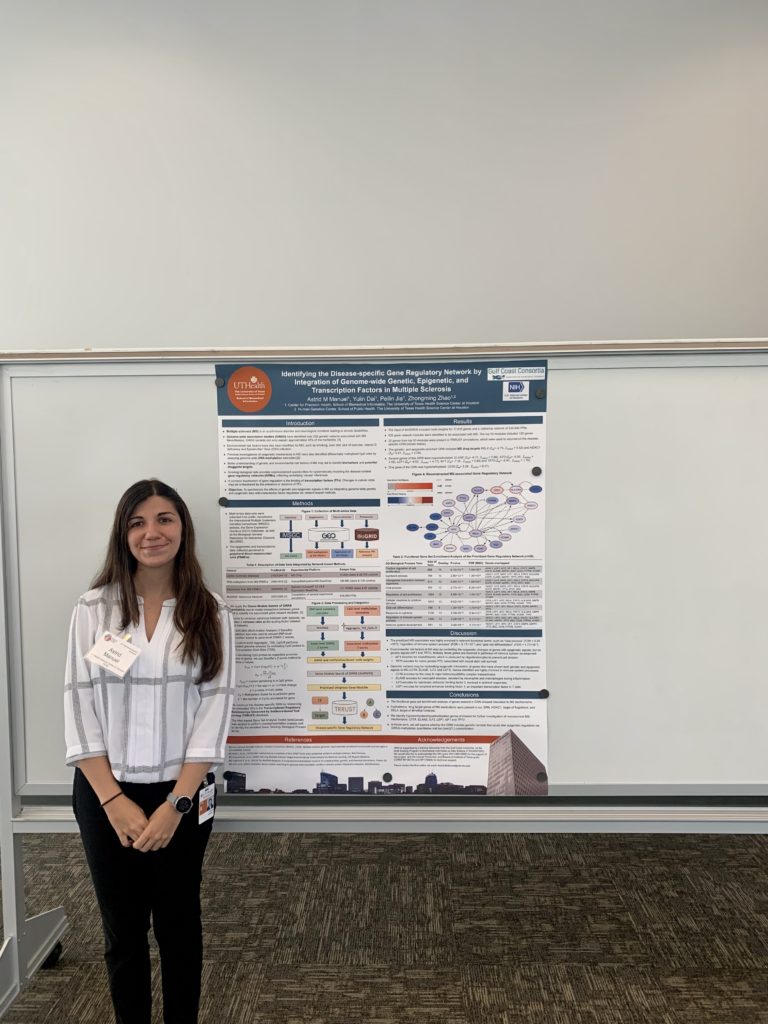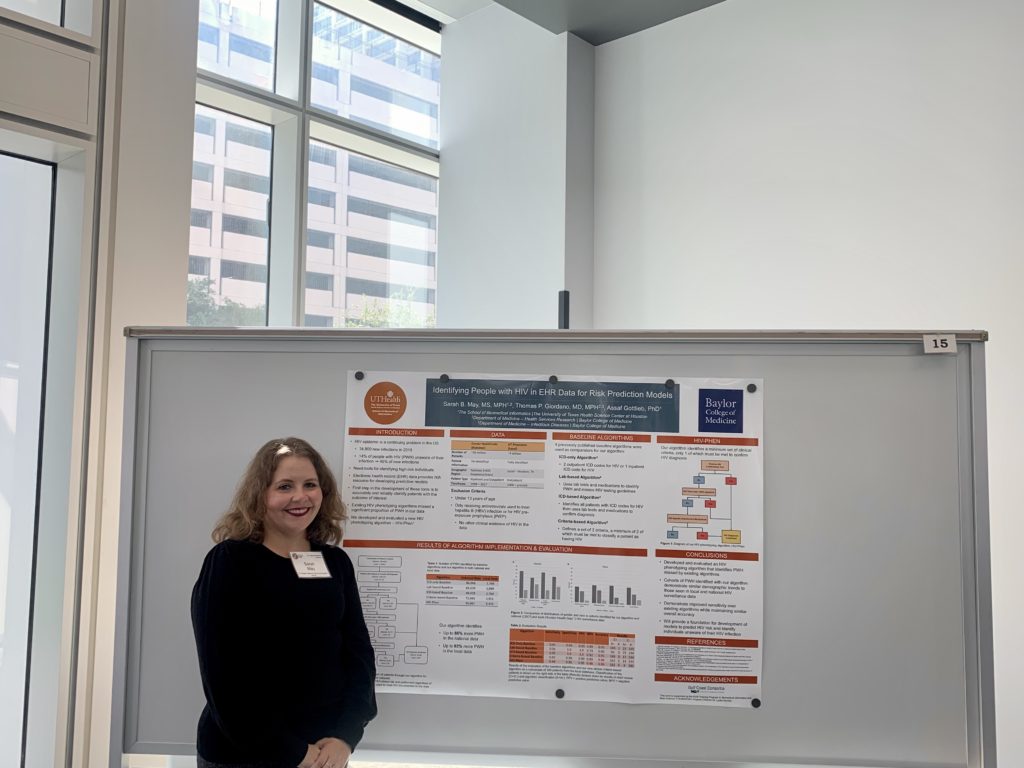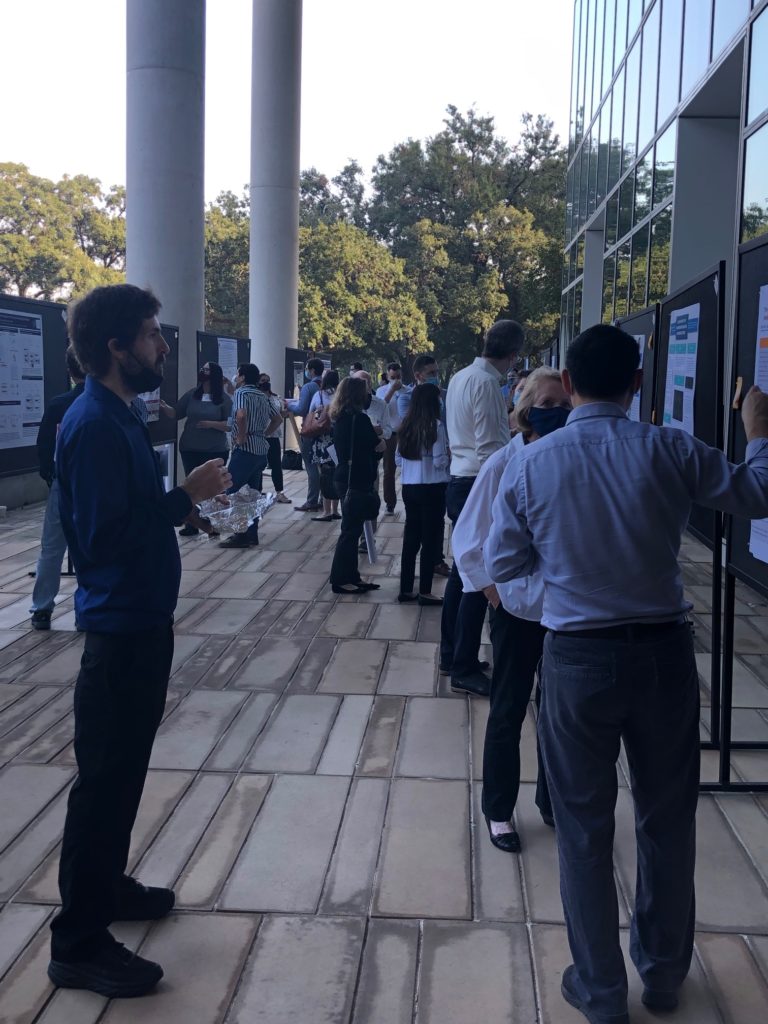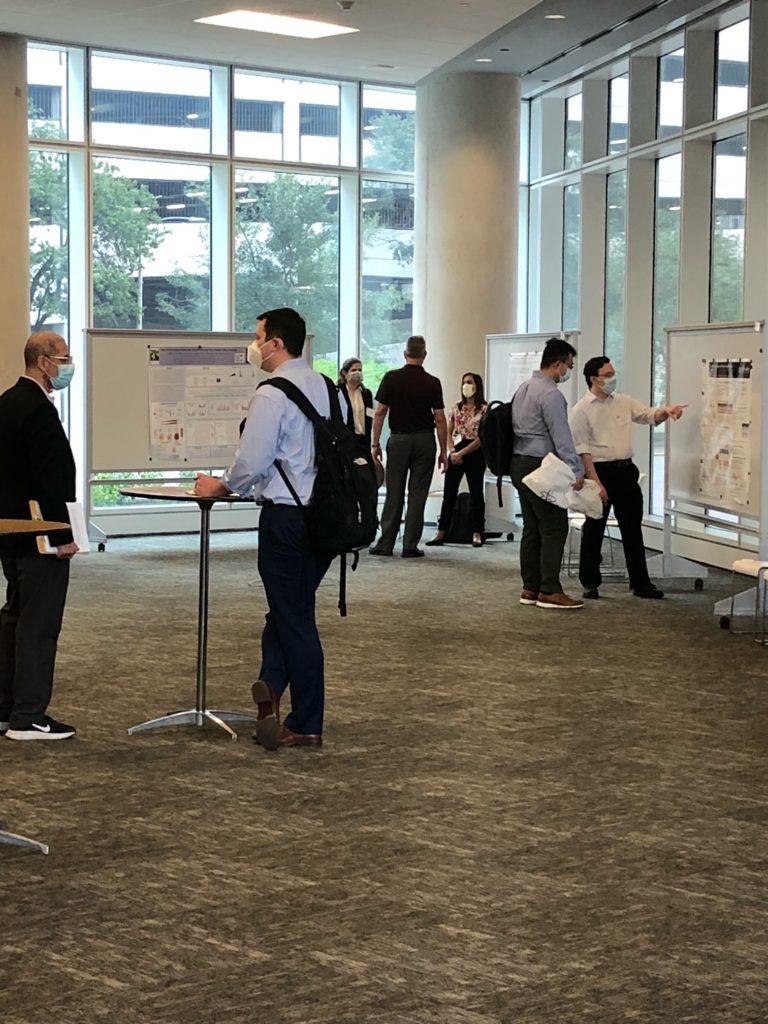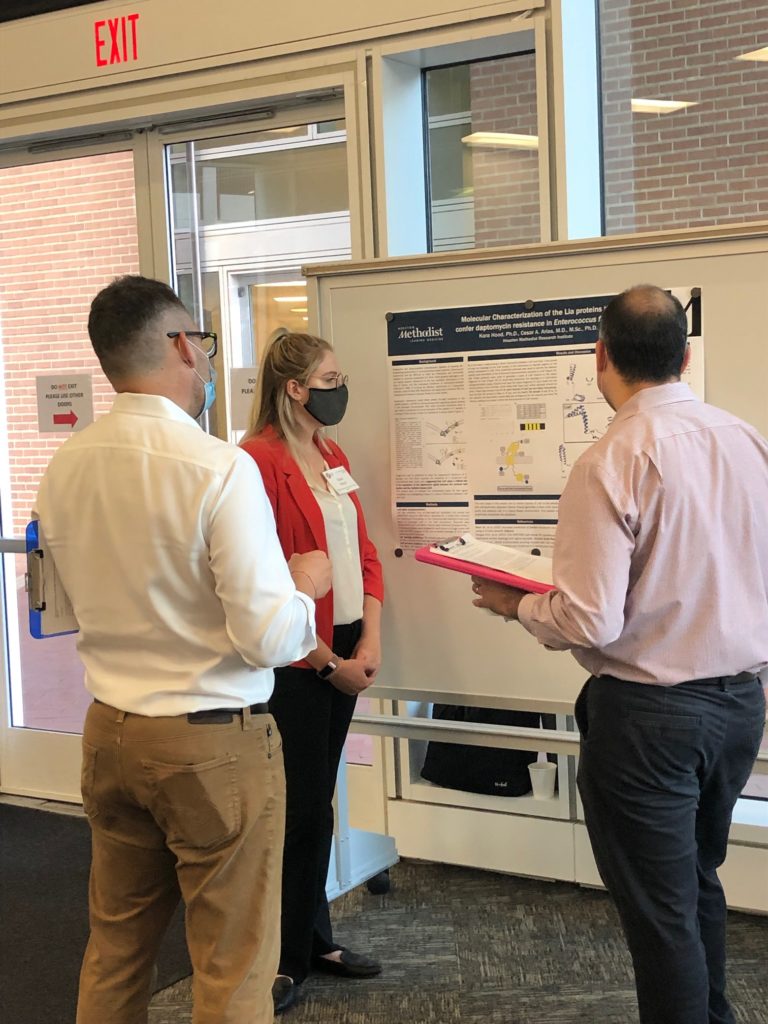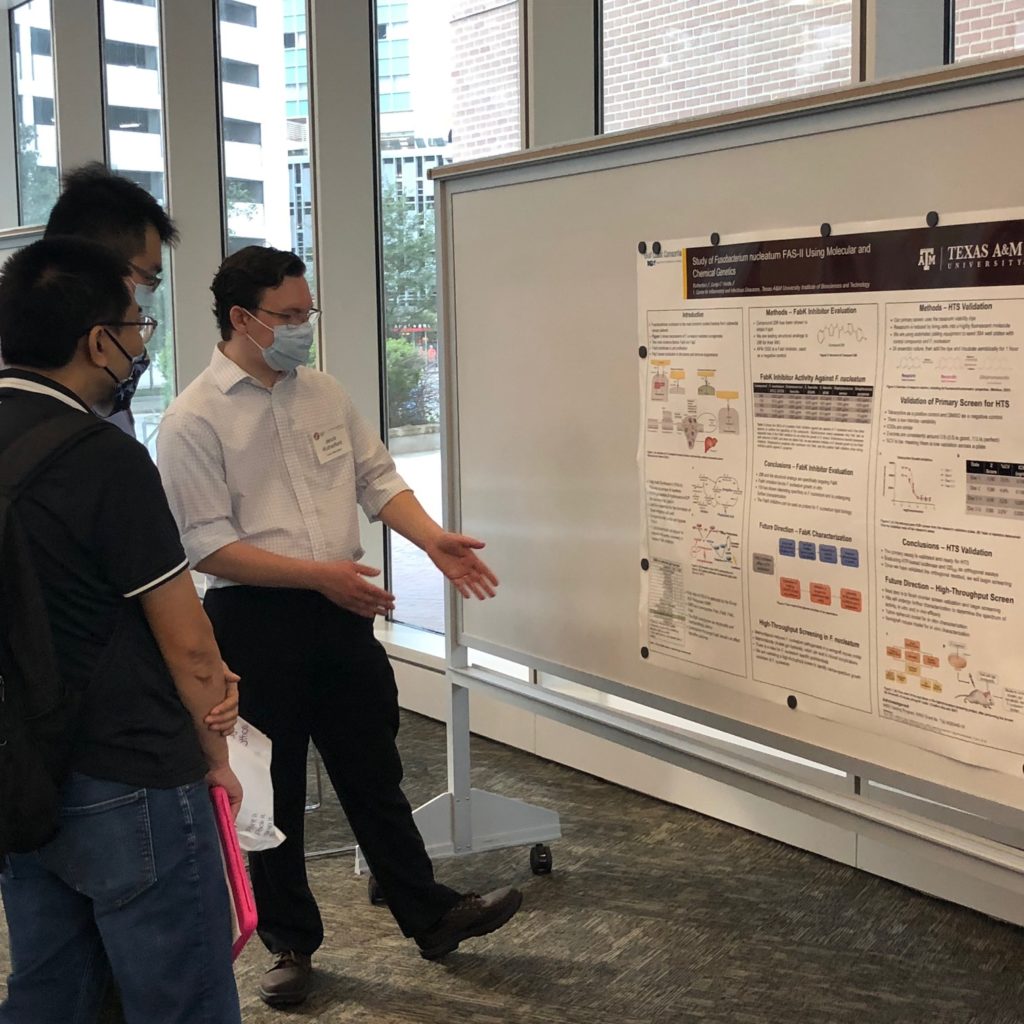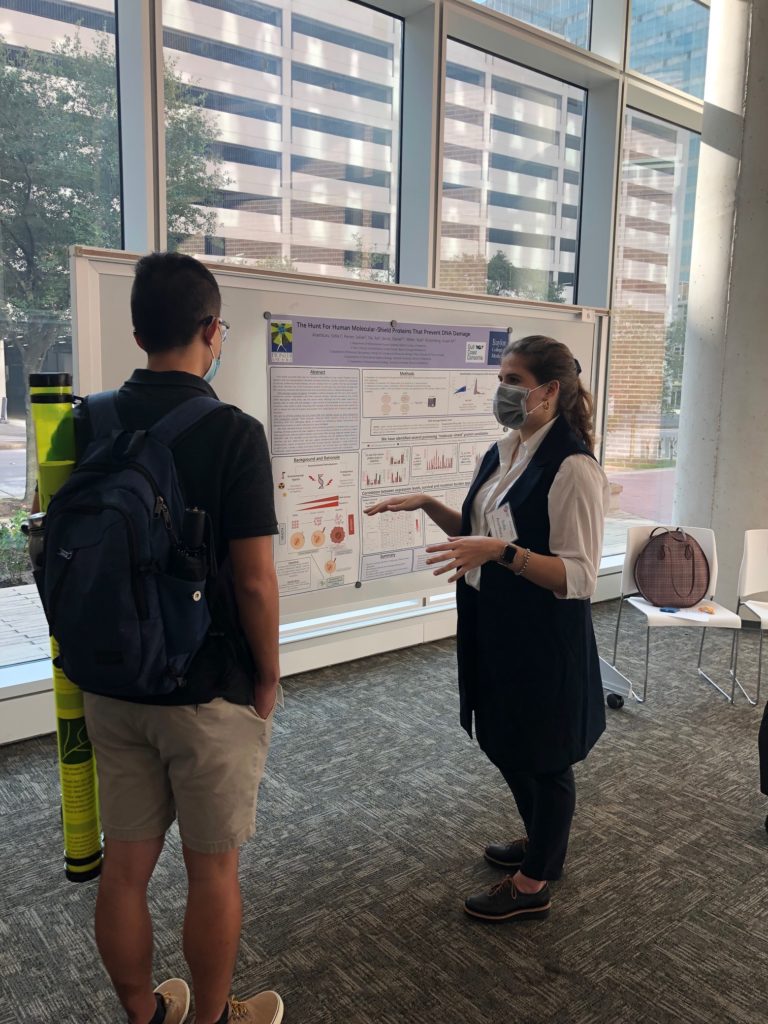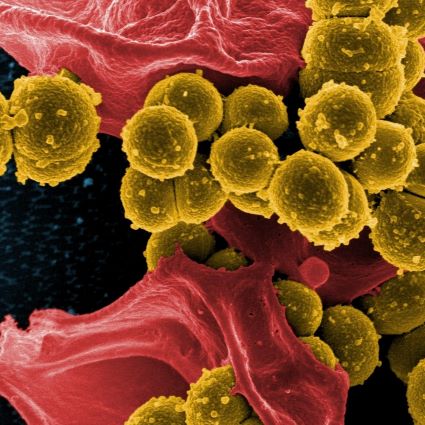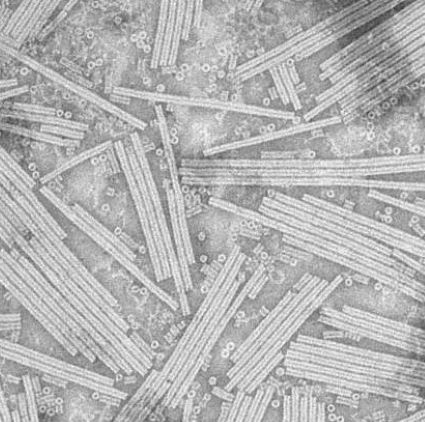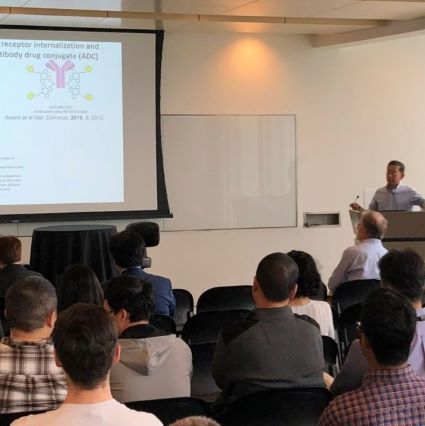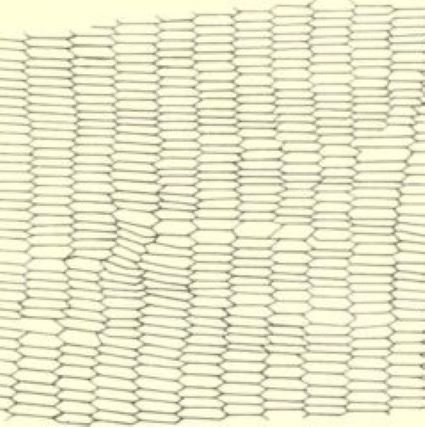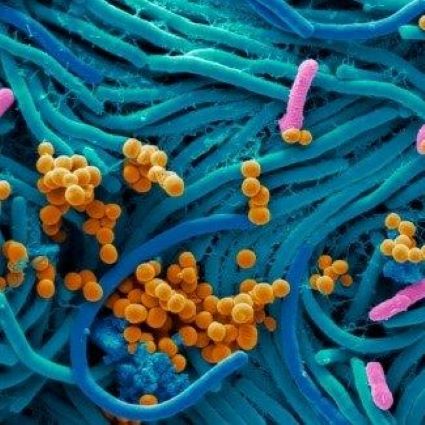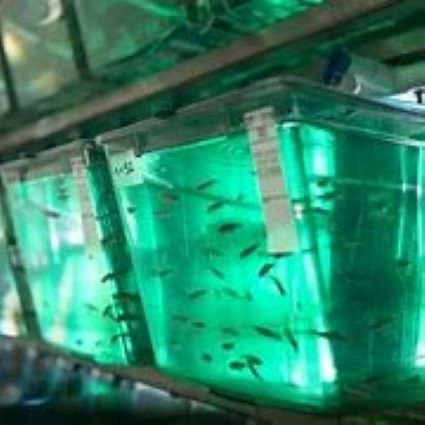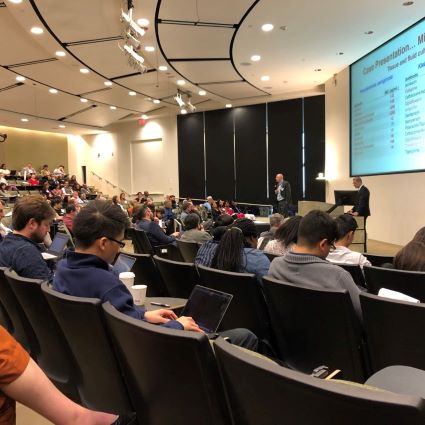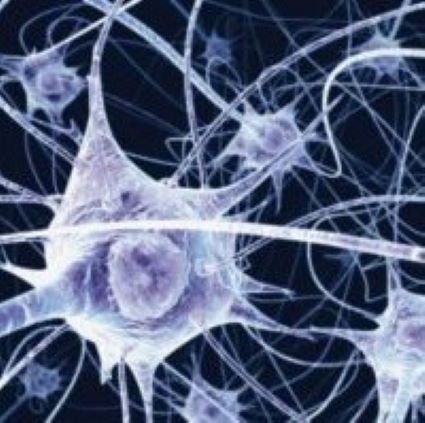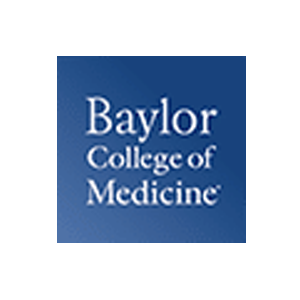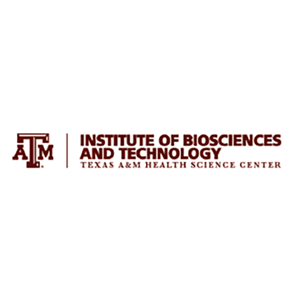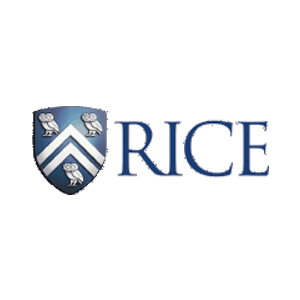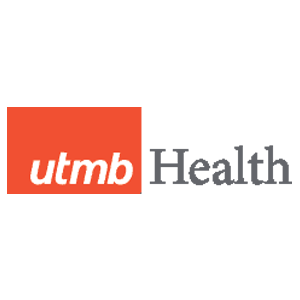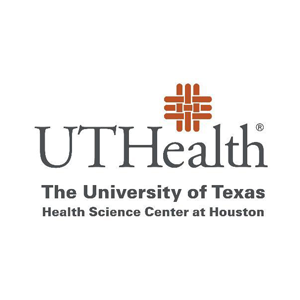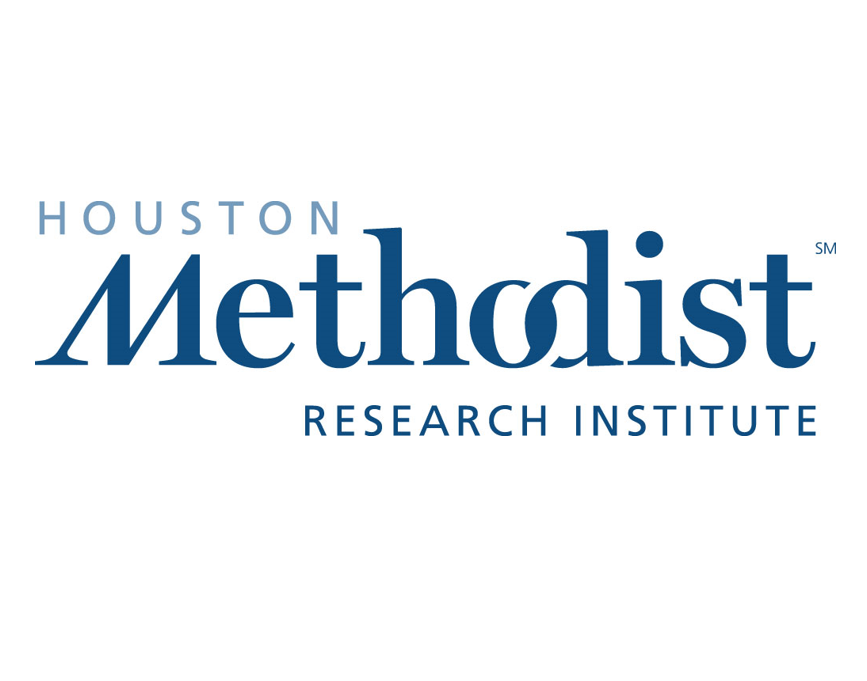35th Keck Annual Research Conference
Advances in Epigenetics: From Mechanisms to Medicine
Epigenetic mechanisms play a critical role in development, cell differentiation, and responses to environmental signals. They are increasingly recognized as key contributors to diseases such as cancer, neurological disorders, and developmental defects. In this conference, leading experts will highlight how recent advances in novel sequencing technologies, computational tool development, and emerging conceptual frameworks for studying epigenetics are transforming our understanding of gene regulation, tumor evaluation, and precision medicine. The conference and poster session will also highlight the outstanding research underway by predoctoral and postdoctoral trainees in the six inter-institutional training programs administered by the GCC/Keck Center in the greater Houston area. Don’t miss this exciting conference and poster session.
Confirmed speakers are:
- Xin Chen, Johns Hopkins University;
- James Nuñez, University of California Berkeley;
- Benjamin Sabari, University of Texas Southwestern Medical Center;
- Hui Shen, Van Andel Institute;
- Andrew Stergachis, University of Washington.
The 2025 Keck Conference Chair is Yun Nancy Huang, PhD, Institute of Biosciences and Technology of Texas A&M (IBT), and Conference Co-Chairs are Isaac Hilton, PhD, Rice University, and Xiaotian Zhang, PhD, UTHealth Houston.
Location: Bioscience Research Collaborative, 6500 Main St., Houston. Friday, October 24, 2025.
Conference Website
Annual Research Conference Poster Session
Training Programs
The 34th Keck Annual Research Conference was held on October 25, 2024. Theme: Machine Learning and Computation in Structural Biology. Previous conferences include:
- 33rd Keck Annual Research Conference, October 20, 2023. Theme: New Frontiers in RNA Biology and Therapeutics
- 32nd Keck Annual Research Conference, October 21, 2022. Theme: Structural Biology: Past, Present, and Future
- 31st Keck Annual Research Conference, October 22, 2021. Theme: Infectious Diseases: Emerging Threats and Emerging Technologies.
- 30th Keck Annual Research Conference, Oct. 29-30, 2020 (virtual). Theme: Keck Center 2020 and Beyond: A Science Odyssey.
Keck Seminar Series: 4:00 pm Fridays during the academic year
BioScience Research Collaborative (BRC), 6500 Main @ University, Rice University.
Trainees supported by the GCC are required to attend the seminars in person.
The Keck Seminar Series, begun in 1990, focuses on contemporary interdisciplinary science involving quantitative or computational, biomedical informatics and data science, bioinformatics, chemical, and/or physical approaches to biological and biomedical problems. The speakers, selected by a committee of GCC-supported trainees, are drawn from GCC institutions, and institutions nationwide. Everyone is welcome to attend. The Keck Seminar Series is also a 1-credit graduate course at Rice University, BIOC 592 “Topics in Quantitative Biology & Biomedical Informatics.”
Acknowledging Keck Center Support
Are you participating in a Keck Center training program? Don’t forget that Keck Center trainees are required to acknowledge their fellowship funding support on all publications and abstracts resulting from their fellowship project – regardless of publication date – as well as posters during their appointment period. You will find the grant number of your program on your appointment letter as well as on the web page of your training program.
Individual Development Plans (IDPs)
The GCC supports the NIH’s strong encouragement that every graduate student or postdoc supported by any NIH training grant, fellowship, or research grant have an Individual Development Plan (IDP) (NOT-OD-14-113) as a career development tool. Although institutions are responsible for implementation of and compliance with this notice for their trainees, the GCC monitors that our fellows have completed an IDP every year. One popular tool for creating an IDP is AAAS myIDP.
Highlights
